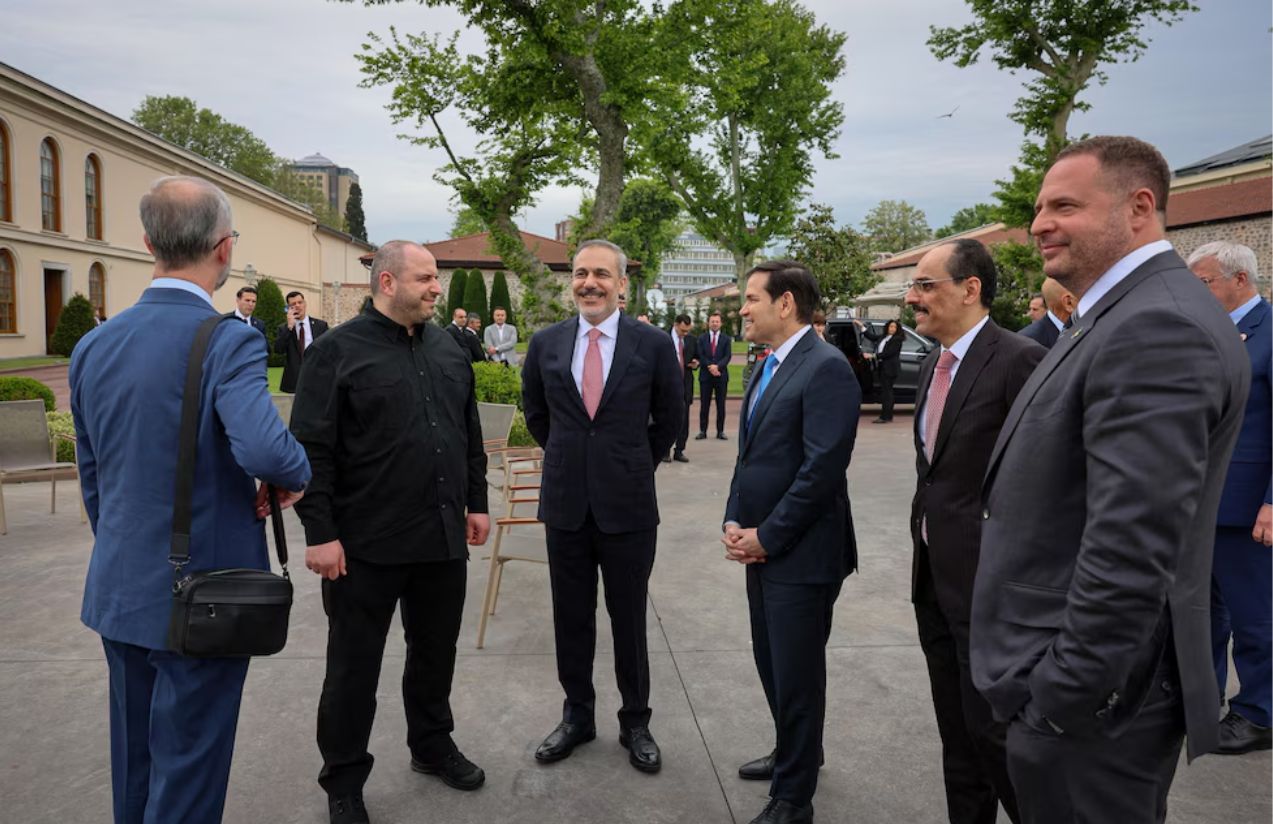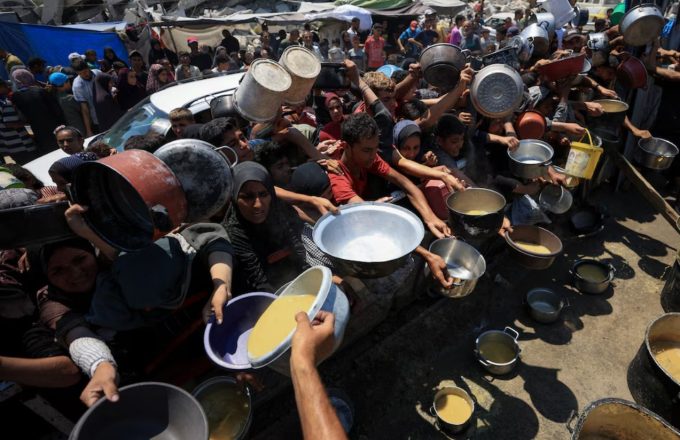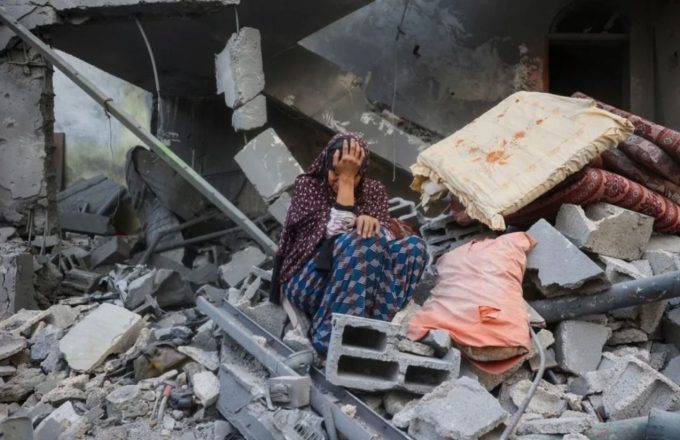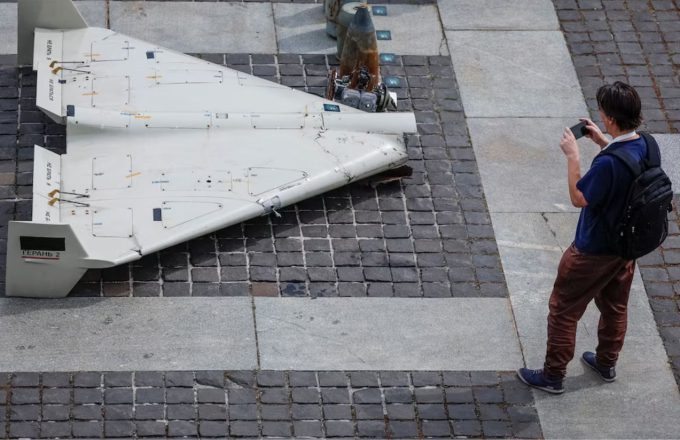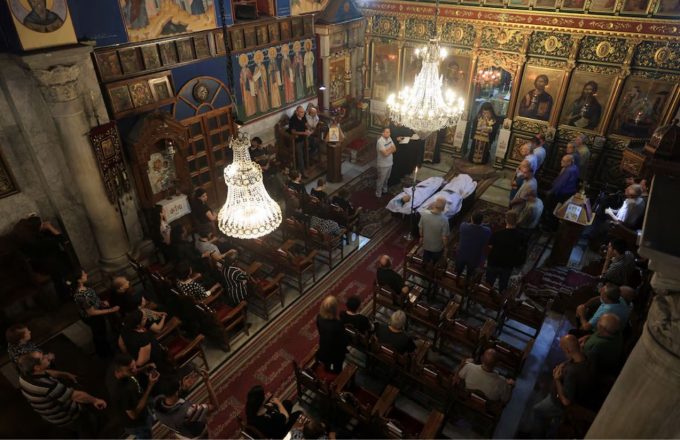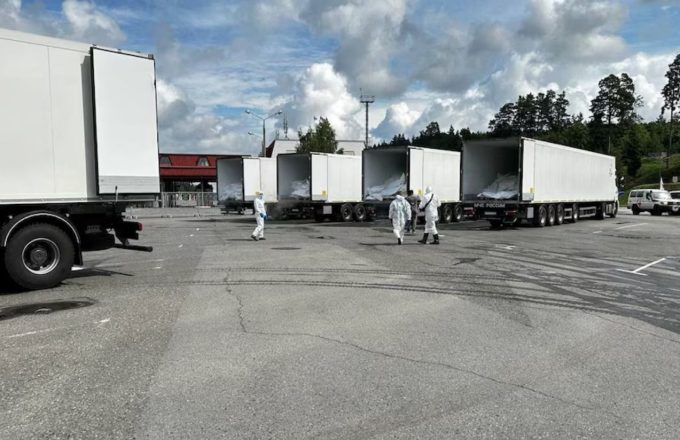Russian and Ukrainian delegations left the negotiating table in Istanbul on Friday with mixed results: no breakthrough on core issues, but a preliminary agreement to exchange 1,000 prisoners of war from each side “in the coming days.”
“Overall, we are satisfied and ready to continue talks,” said Vladimir Medinsky, head of the Russian delegation. The exchange — totaling 2,000 individuals — would mark the largest such swap since the war began.
For now, the prisoner exchange remains the only area of consensus. Russia reiterated its demands for Ukraine to withdraw from the occupied regions — Donetsk, Luhansk, Kherson, and Zaporizhzhia — and to recognize Crimea as Russian territory. Kyiv rejected these demands outright.
The Kremlin also insists that any resolution must address what it calls the war’s “root causes,” particularly Ukraine’s aspiration to join NATO — a move Moscow views as a direct threat. President Vladimir Putin has stated that international recognition of Russia’s sovereignty over the annexed territories is non-negotiable.
On the other side, President Volodymyr Zelensky remains firm: Ukraine will not concede any land and demands a full withdrawal of Russian troops, including from Crimea. As part of any long-term peace plan, Kyiv seeks formal security guarantees from Western allies and ultimately full NATO membership — a red line for Moscow.
Ukraine and its European allies have called for a 30-day unconditional ceasefire to open a diplomatic pathway. Washington and EU leaders have warned Moscow of further sanctions if such a truce isn’t implemented. Putin has dismissed the proposal, arguing it would only give Ukraine time to regroup and rearm with Western support.
Meanwhile, international pressure is mounting. The United States has stepped up diplomatic engagement. Steve Witkoff, the White House’s special envoy for the Middle East, traveled to Tel Aviv this week to meet with Edan Alexander, a recently freed hostage, underscoring the Biden administration’s support for Ukraine.


